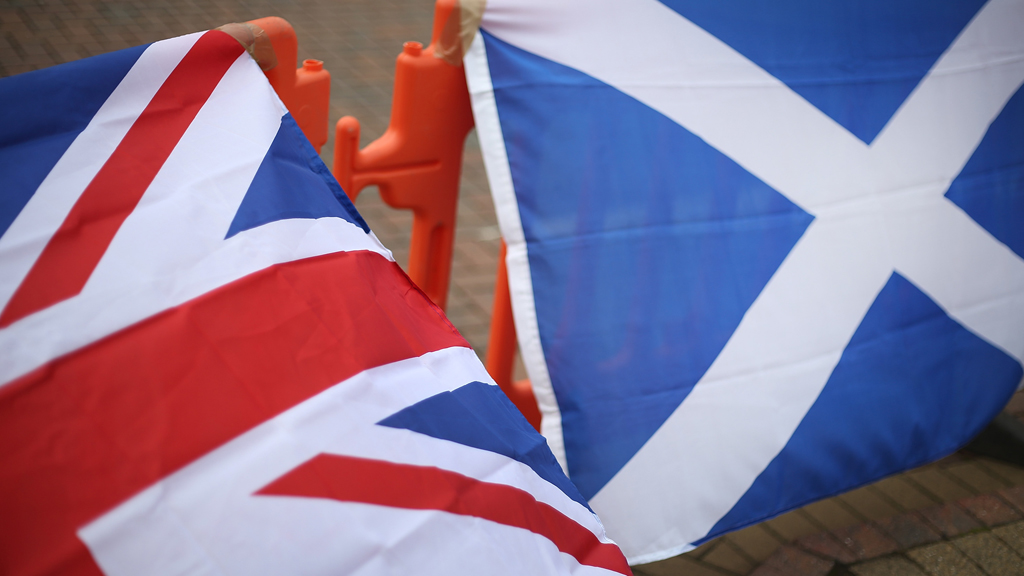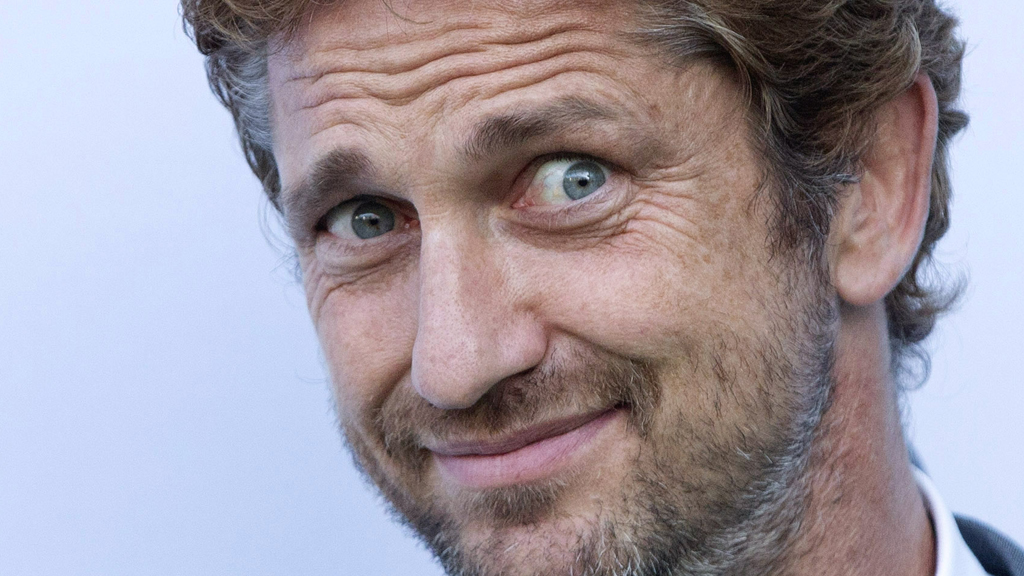What makes people switch on Scottish independence?
Many Scots are undecided about the merits of a yes or no vote in the independence referendum. Matthew Moore speaks to four Scots who have switched allegiance.

When it comes to Scottish independence, the mostly self-assured, confident, and successful actor Gerard Butler (pictured below) has had a change of heart.
The Glasgow-born actor was held up as a poster boy for the pro-independence cause after his comments in June 2012 when he added his support to a yes vote saying he saw “no reason why Scotland shouldn’t be independent”.
That was, until recently. In an interview with Scotland Now he explained how he had become sceptical of the merits of independence and it had prompted a change in his view.
“I have yet to be convinced that it will work in our best interests. I used to be totally pro-independence, I was massively in favour of it, but now my feeling is that we should be about coming together rather than separating ourselves.”

Campaigning for the ‘wrong side’
Butler’s about-turn will doubtless be used to promote the Better Together campaign now. But what causes people to make that switch?
For 53-year-old social worker Gary Wilson – who until recently was actively campaigning to keep Scotland in the UK – switching sides was “like coming out again”.
It was listening to Edinburgh’s homeless men that struck a nerve with Gary, a long-time Labour member and active trade unionist.
When you’ve got a government in Westminster cutting taxes for the rich, it turns my stomach. Gary Wilson, yes campaign supporter
“Their situations are really desperate, most have come through the social care system. It really opens your eyes, and when you’ve got a government in Westminster cutting taxes for the rich – 2 per cent of the population – it turns my stomach.”
It was sitting in rooms with people he’d “opposed” all his life – Lib Dems and Conservatives – that confirmed that he was campaigning for the “wrong side”.
“It was a bit like the straw that broke the camel’s back. I’m the biggest hypocrite in the world. I’m supporting something and I don’t actually believe in it any more.
“I had to think long and hard. But I thought ‘I can’t live a lie’. I came out as gay 30 years ago. It felt like coming out again.”
Read more: Scotland's referendum - the end of Britain?
Potential job losses
For others the transition from one side to the other has been less anguished. Hairdressing student Emma Lawrie lives in Stornoway, in the Outer Hebrides. Until recently she was planning on voting yes.
She met the Scottish education minister at a public meeting in April and was impressed with him. “Every question or query I had about independence, he answered, and referred to the white paper.”
That was cause enough for her to put aside her concerns and commit to supporting independence. At the time she told me on the phone that her concerns had been assuaged by what she’d read in the white paper, and she was sure of herself.
Everything they were telling me was a sales pitch. They were using words that would persuade and made me want to vote yes. Emma Lawrie, no campaign supporter
But then something happened that changed her view of the convincing yes campaigners – a conversation with her father and his friends.
“I realised everything they were telling me was a sales pitch. They were using words that would persuade and made me want to vote yes.
“I come from an army family and when you think all the home comforts that we have, that we don’t even realise we have, as being part of Britain, we are not going to have any more.”
According to the Scottish government, Scotland is home to the largest concentration of nuclear weapons anywhere in the world, and under independence that would end.
Explaining her new concerns, Emma points to the potential job losses at the Clyde nuclear base, but also to the wider loss of influence that would come through independence, as Scotland would no longer be represented at the G8 or on the UN Security Council. For her these costs are too much to bear.
‘Subsidy junkies’
Ishbel Flett’s journey from being no to yes was a gradual one and has its roots in Prague.
Born in the Orkneys, Ishbel only returned to Scotland after several years living in Frankfurt, Paris, Brussels, and Rome. She brought back with her an “outward” looking view of the world. Nationalism was “regressive”, “inward looking” and was incompatible with her “cosmopolitan” worldview, she thought.
But a distrust of the media that underpinned her transition to independence.
We’re portrayed as subsidy junkes when we’re more than doing our part. I found myself saying ‘why are they doing this?’ Ishbel Flett, yes campaign supporter
“What I find unfair is when we’re portrayed as ‘subsidy junkies’ when we’re more than doing our part. And I found myself saying ‘why are they doing this?’ And the more you looked into it, the more you realised the sheer desperation. I actually got quite upset about that.”
In the early 1980s before a career as a translator, Ishbel found herself smuggling western magazines into Prague, then under Communist rule. She recalls being sent to an address in the city armed with two Frank Zappa tapes, and a copy of Der Spiegel – a German current affairs magazine.
On arrival she told her acquaintance he must be so happy he can read “the truth”. He laughed. “The difference between us,” he responded, “is we know our media are lying to us.”
“That was a real wakeup call,” she says wryly.